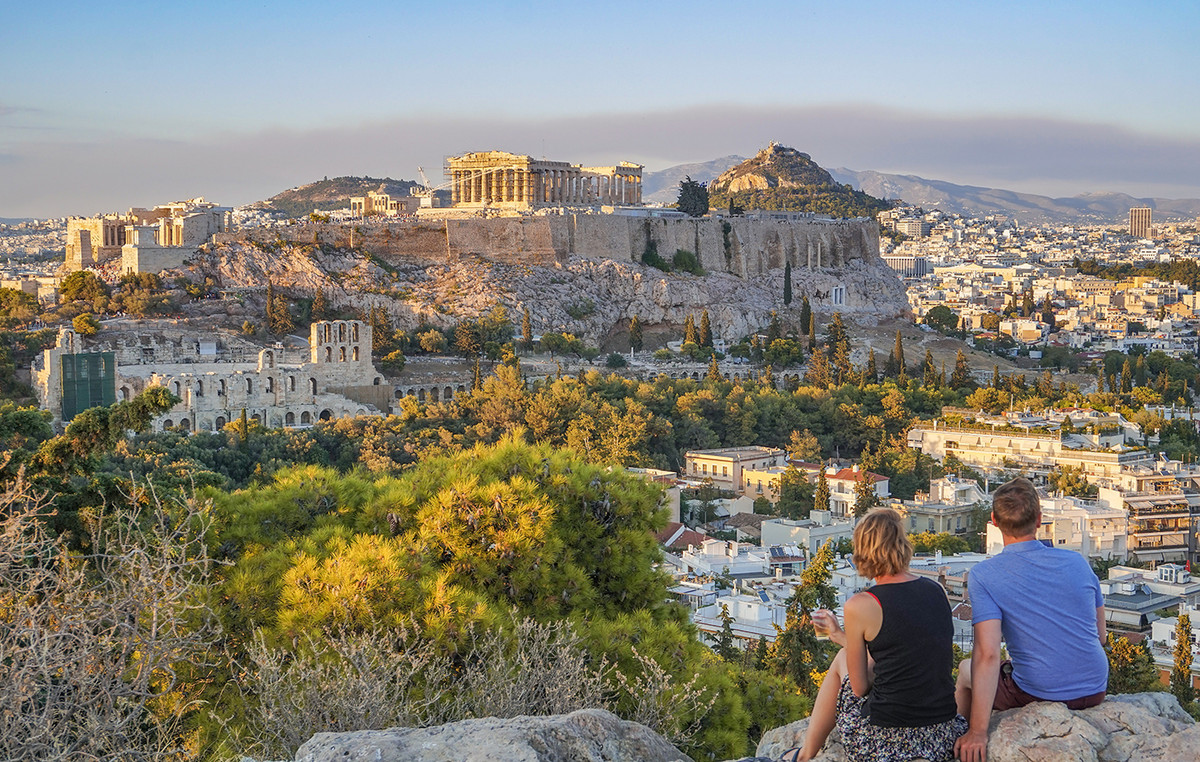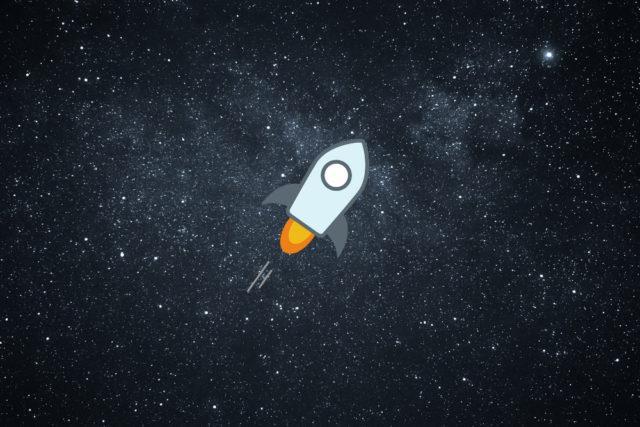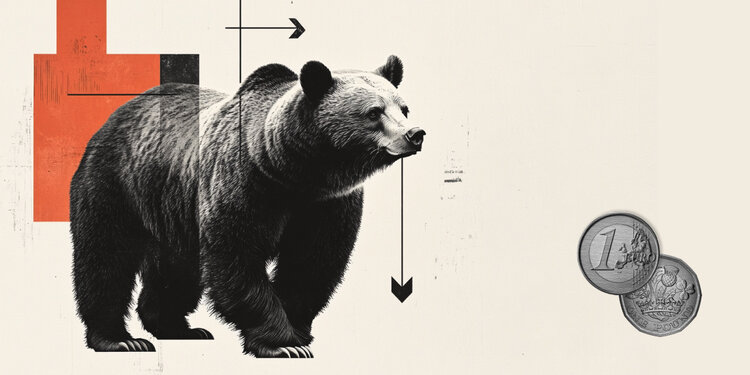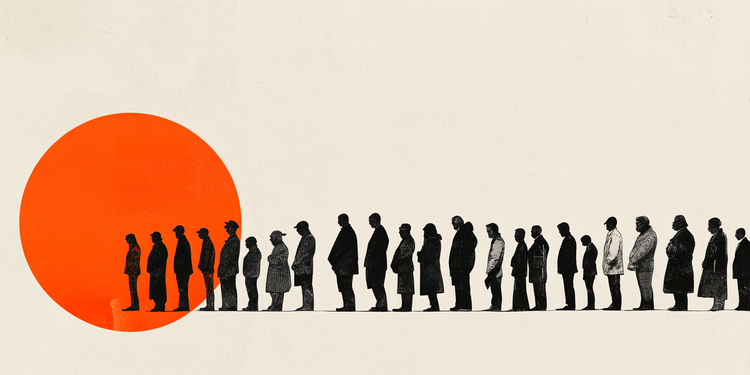Wars have the power to change the course of history. More often still, they catalyze historical processes already under way. That must be the case with the impact of the invasion of Ukraine on the international order. Russian aggression tragically intensifies the struggle for global influence between autocracies and democracies.
The fall of the Berlin Wall and the dissolution of the Soviet Union seemed to seal, in the 1990s, the consolidation of liberal democracy as an indisputable model, in what the American philosopher Francis Fukuyama called “the end of history”. Now, History has returned from a vacation in Europe (in Asia, it never entered).
When China embraced (albeit “state”) capitalism in the 1980s, Americans and Europeans believed that the transition to democracy would come as a natural consequence. The conclusion came from the application of a single sociological rule, as if all societies had the same functioning, ignoring the importance of cultural aspects in the dynamics of a country.
Based on Confucianism, the Chinese have a hierarchical mindset, and they associate the ruler’s legitimacy with the prosperity he brings them. While they feel that they live better than their parents, they continue to obey the regime. Throughout history, Chinese dynasties ended when life took a turn for the worse.
China has learned to play by the rules of globalization. With cheap labor and much lenient regulations, it has become the world’s breadbasket of cheap manufactures. The gradual prosperity gained in this way perpetuated the Communist Party in power. Protests for democracy were crushed.
On the other hand, the relocation of industries from the United States and Europe to China and other Asian countries instilled in sections of the American and European population the opposite feeling, of worsening living conditions. High-paying jobs with labor rights in industry have given way to precarious contracts in the service sector.
Russia had its period of adherence to liberal democracy, in its first post-Soviet decade, under President Boris Yeltsin, in the 1990s. This brief courtship ended with the arrival of Vladimir Putin to power, in the year 2000.
For years, Putin has deceived the world, keeping liberal economists as his advisers in the Kremlin. It was a smokescreen. None of these advisers’ recommendations were followed, as Putin replaced Russia’s new entrepreneurs from every lucrative sector — exiled, imprisoned, or killed — with people he trusted, most often from the secret service, like himself.
Since then, Putin has carried out a successful plan to perpetuate his power. Russia’s brief experience with liberal democracy — ten years apart in a millennium of absolute power — has given way to a kleptocracy, which squanders the country’s wealth. To maintain it, in the face of growing popular discontent, the smokescreen becomes a new totalitarian iron curtain.
Putin saw discontent with globalization in the US and Europe as an opportunity to destabilize associated liberal democracies. The Kremlin encouraged Russian hackers to attack American and European companies, and set up operations such as the one that hacked into the Democratic presidential campaign database in 2016 and spread conspiracy theories in the service of illiberal theses.
The ground was fertile for the sowing of authoritarian and conservative populism, and Russia participated in this cultivation. While leaders like Donald Trump belittled and challenged democratic institutions, China and Russia, among other autocracies, sought to assert themselves as a more “effective” alternative. Many people, for different reasons, including anti-Americanism rooted in Brazilian intellectual elites, have embarked on this.
Now, Xi Jinping repays these services provided by Putin, and comes to his rescue, while Russia is isolated by sanctions adopted by the 30 most advanced economies in the world, with the exception of China, India, a large buyer of Russian weapons, and Brazil. , whose diplomacy puts traditions and interests above values.
The brutality of the invasion of Ukraine now forces many people complacent with authoritarian populism to recognize the moral superiority of liberal democracy. Others remain recalcitrant, and still use the Kremlin’s preposterous justifications to massacre the Ukrainians and destroy their country.
The first cold war was characterized by the so-called proxy wars, in which the US, the Soviet Union and, in some cases, China, fought each other indirectly, sending weapons and soldiers to countries aligned with each bloc to fight their enemies.
When pressured by Joe Biden not to provide Russia with economic and military aid, Xi retorted that the US needs to stop encouraging Taiwan independence. In a sign that it does not intend to negotiate the fundamentals of its policy towards China, the White House later announced sanctions against Chinese officials accused of persecuting human rights activists at home and abroad.
The invasion of Ukraine catalyzed the political-ideological polarization between democracies and autocracies. And it started a second cold war, in which Russia and, perhaps in the near future, China, are waging an economic war, a cyber war, and also a real proxy war with the United States, Europe, Japan, South Korea, Australia. and other allies.
China is not ready to give up these countries’ technologies or markets. Hence the need for the Chinese to excel in strategic ambivalence, at which they are masters. But even for them the differences in objectives with the West were difficult to hide.
See 10 images that mark Russian invasion of Ukraine
Source: CNN Brasil
I’m James Harper, a highly experienced and accomplished news writer for World Stock Market. I have been writing in the Politics section of the website for over five years, providing readers with up-to-date and insightful information about current events in politics. My work is widely read and respected by many industry professionals as well as laymen.







